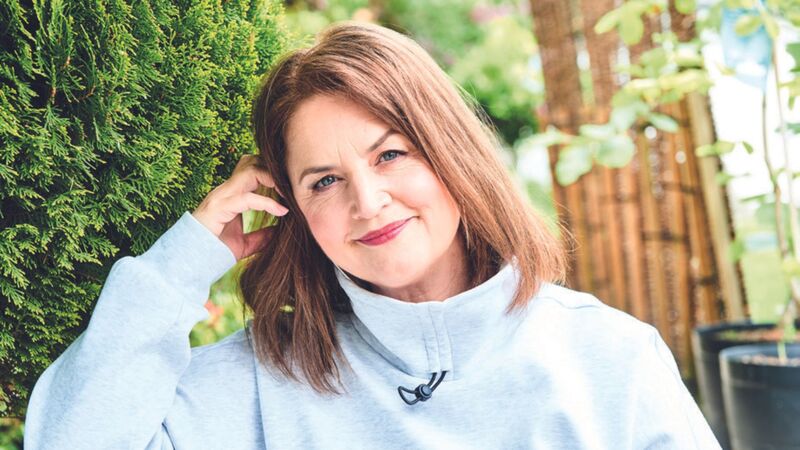You are viewing your 1 free article this month. Login to read more articles.
Sovereign takes on 'dream project' of Chopin's Piano
Sovereign Films has bought global film rights for Paul Kildea’s recently published book, Chopin’s Piano: A Journey Through Romanticism (Allen Lane).
The London-based production company will create the recordings with composer Frédéric Chopin’s original pianos, and use digital film to recreate the beauty of the era. Film rights were optioned from Kirsty McLachlan at David Godwin Associates Ltd.
Chopin’s Piano was published by Penguin Random House imprint Allen Lane in June, revealing the details of November 1838 when the musician sailed with French writer Amantine Lucile Aurore Dupin (also known as George Sand) and her two children to Majorca to escape the Parisian winter. They settled in an abandoned monastery in the mountains above Palma, where Chopin finished one of the great works of musical Romanticism, his 24 Preludes.
"There was scarcely a decent piano on the island, so Chopin worked on a pianino [a small upright piano of the 19th century] made by a local craftsman, which remained in their monastic cell for seventy years after he and Sand had left," Sovereign said. "This book traces the history of Chopin's 24 Preludes through the instruments on which they were played, the pianists who interpreted them and the traditions they came to represent. It begins and ends with the Majorcan pianino, which during the Second World War assumed an astonishing cultural potency as it became, for the Nazis, a symbol of the man and music they were determined to claim as their own.”
Producer Donald Rosenfeld, of Sovereign Films, said: “Chopin’s Piano is the dream project for Andreas Roald and I: we have the unique opportunity to discover and recreate the history of one of the most gifted, inspired and original musical creators. We will follow Chopin and his music across six countries and two centuries.”
Kildea said: “I wanted to write a meditation on Romanticism, creativity, and the changing meaning of music over two centuries of revolution, war, industrialization, nationalism and murderous xenophobia. It is a mighty canvas and though I’m wholly biased, as I wrote it I kept thinking, 'this would be a great movie.’ I couldn’t be more thrilled that Donald Rosenfeld and Andreas Roald think so too.”


















